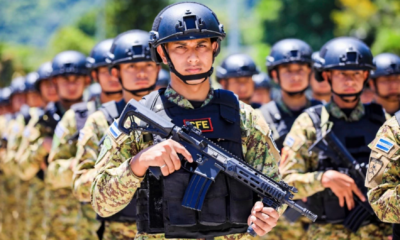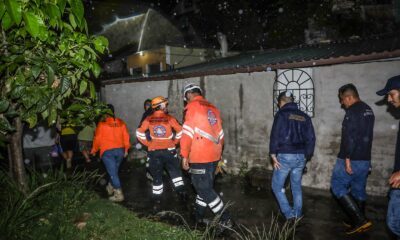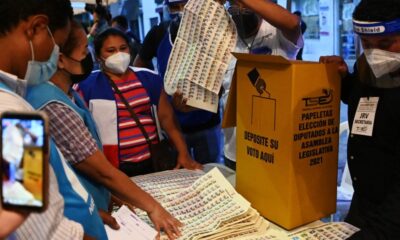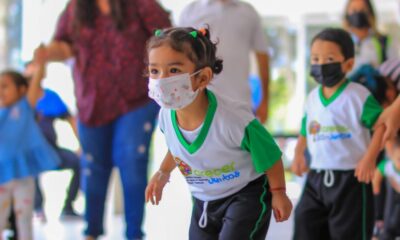Central America
U.S. pledges to continue promoting work visas for Salvadorans

February 16 |
The US ambassador to El Salvador, William Duncan, promised that the US government will continue to promote the H-2 work visa program, hand in hand with the Ministry of Foreign Affairs, so that even more salvadorans can apply for a temporary work stay in the North American nation.
Duncan attended this Wednesday to the interview day conducted by the Ministry of Foreign Affairs together with U.S. authorities in San Salvador. There are one thousand job openings in eight U.S. companies. The interviews began today and will end on Friday.
However, there will be more positions that will be opened this year. There are already more than 3,600 Salvadorans who have been able to work legally in the United States thanks to the bilateral impulse given to the H-2 visas. These individuals also have the opportunity to return for a new work season.
“These visas have the potential to change the lives of Salvadorans and is an important bet to provide legal migration options. Behind migration there is a strong desire to overcome a father, a mother, who is looking for a way to move their families forward. We are here now to tell them that there are legal and safe opportunities to work in the United States,” said Duncan.
The government of President Nayib Bukele has been able to reduce irregular migration of Salvadorans thanks to the Labor Mobility Program and hard work to improve security.
“Temporary work visas allow them to have access to a source of income without having to put their lives or those of their families at risk,” continued the U.S. representative.
For her part, the Vice Minister of Diaspora and Human Mobility, Cindy Mariella Portal, stressed that the Salvadoran government is committed to working with nations that “respect the sovereignty of our country and contribute to the welfare of the population.”
“Our vision of the country has been reformulated thanks to the government of President Nayib Bukele, who has prioritized the generation of opportunities in the most vulnerable areas of our country,” Portal highlighted.
This 2023 the joint work for the Labor Mobility Program will continue, said both officials.
The Foreign Ministry and USAID have created an employment exchange so that U.S. companies can choose profiles of Salvadoran workers. In addition, the Foreign Affairs team of El Salvador is in charge of managing the approach.
The job categories range from construction, bartenders, laundry, landscaping, cooks, masons, hotels, among others.
The Labor Mobility Program promotes circular migration. Portal reminded that the Foreign Ministry provides all the necessary support, including for the family of the selected person. When working in the United States, those selected also have the support of the consular network.
“To the workers, I wish them the best in their interview. If you are not selected, do not be discouraged, there will be even more opportunities. I assure you that we will continue to promote this type of initiatives hand in hand with the Ministry of Foreign Affairs and I want to thank Vice Minister Portal for her commitment to this program. We also appreciate the support of U.S. companies that continue to provide jobs to Salvadorans,” said Duncan, who also reflected that working in the United States in a legal and orderly manner “does not have to be impossible.
International
VP JD Vance to World Cup visitors: “Enjoy the game, then go home”
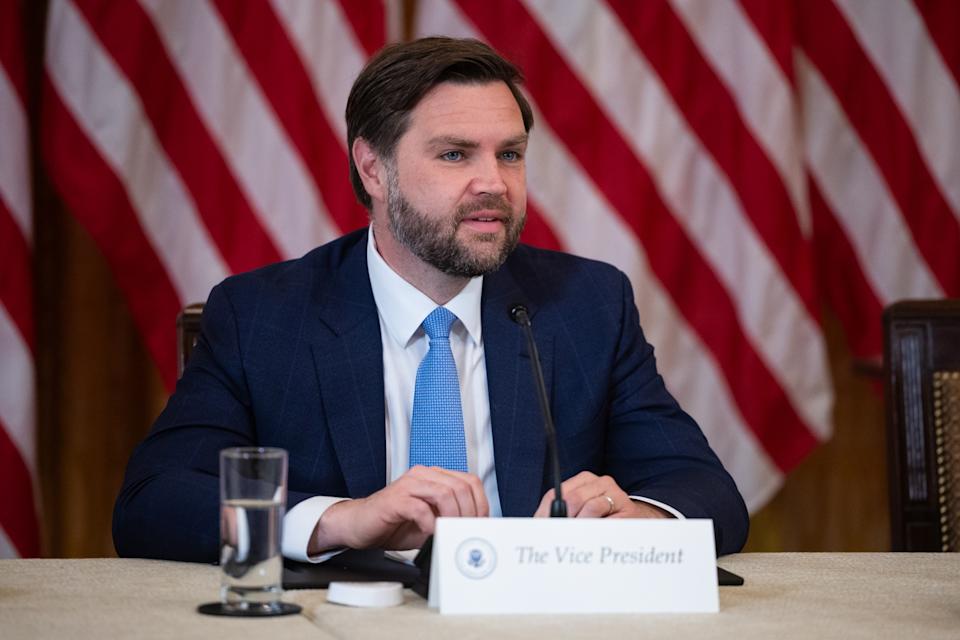
U.S. Vice President JD Vance issued a light-hearted but firm warning to international visitors planning to attend the 2026 FIFA World Cup, which will be co-hosted by the United States, Canada, and Mexico.
“We know we’ll have visitors, probably from close to a hundred countries. We want them to come. We want them to celebrate. We want them to enjoy the games,” said Vance during a press conference on Tuesday focused on the organization of upcoming major sporting events in the U.S.
“But when it’s over, they’ll have to go home,” he added.
Vance, speaking in a joking tone, also mentioned Homeland Security Secretary Kristi Noem, saying, “Otherwise, they’ll have to speak with Secretary Noem.”
The comment came during the first joint working session aimed at preparing for the 2026 World Cup, which will feature 48 national teams and take place across multiple cities in North America.
Central America
Thousands of Guatemalan girls forced into motherhood due to sexual violence
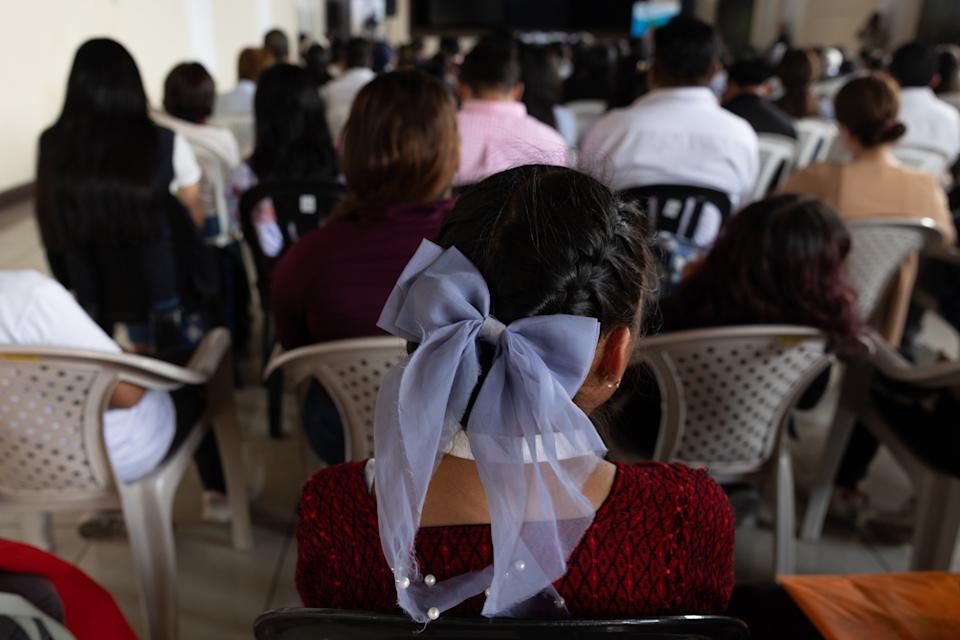
Each year in Guatemala, an average of 2,000 girls aged 10 to 14 become mothers as a result of sexual violence, and 99% of these cases go unpunished, according to a report released Wednesday by the Human Rights Office of the Archdiocese (ODHAG).
“Girls in the country live under state abandonment. They are exposed to a judicial and health system that, upon becoming pregnant, forces them into motherhood and to abandon their life plans,” said Dr. Mirna Montenegro, lead researcher of the investigation, during a press conference.
Montenegro emphasized that between 2022 and 2024, the Ministry of Health recorded 5,937 births to girls aged 10 to 14.
“What’s most alarming is that only 1% of these cases have been brought to court since 2018—just around 100 cases—and this doesn’t mean the accused rapists were convicted,” she stressed.
The investigation also found that the government program “VIDA”, created to support girls who are victims of sexual violence, served only 129 minors in 2024, despite 1,953 pregnancies reported among girls in that age group.
In addition, the report noted that in 2023, 3,064 cases of sexual violence against minors under 19 were reported nationwide. The majority of victims were girls aged 10 to 13.
The areas most affected by child pregnancies include Huehuetenango, Alta Verapaz, and Quiché in the north, as well as Guatemala City in the central region.
According to the most recent Ministry of Health data, as of February 2024, 1,041 girls under 14 had already become mothers. Another 1,005 girls of mestizo origin were also reported to have become mothers due to sexual violence.
Central America
Experts urge action to protect democracy ahead of Honduras elections
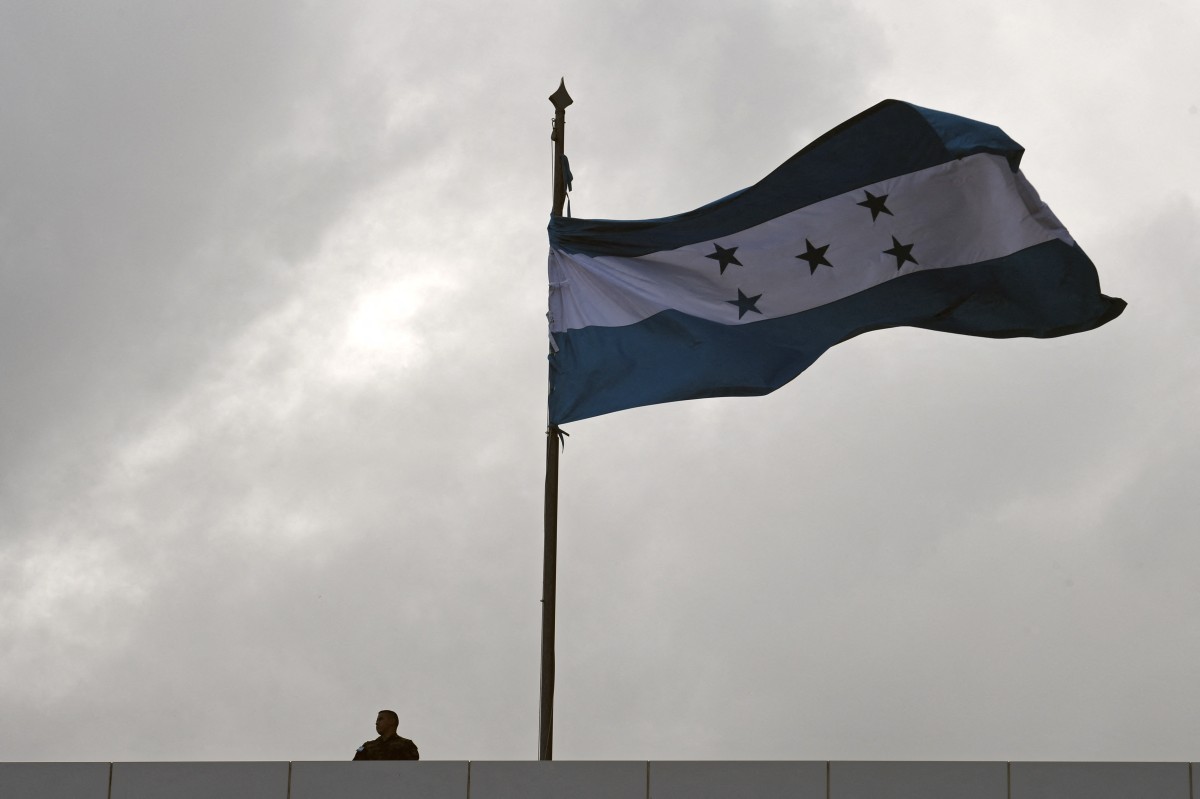
Experts issued an urgent call on Wednesday to confront the threats and systemic flaws that could endanger democracy and civil liberties in Honduras, as the country prepares for its general elections on November 30, when voters will elect a successor to President Xiomara Castro.
César Espinal, coordinator of the Corruption Observatory at the National Anti-Corruption Council (CNA), told EFE that it is crucial to overcome the “atmosphere of uncertainty” generated during the March primaries, which were marred by irregularities in the delivery of electoral materials, causing delays of over twelve hours at several polling centers.
Espinal emphasized that the lack of internal coordination and the institutional weakening of the National Electoral Council (CNE) present major challenges to rebuilding public trust and encouraging strong voter participation.
“We believe that the main challenge lies in the disagreements and lack of coordination within the National Electoral Council, as it is the council members who make key decisions to guide the upcoming electoral process — especially in adhering to the timeline and addressing the various stages from now until November,” he explained.
-
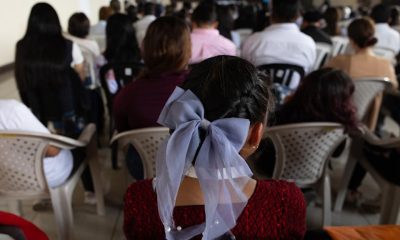
 Central America3 days ago
Central America3 days agoThousands of Guatemalan girls forced into motherhood due to sexual violence
-
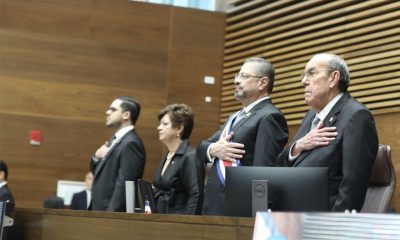
 Central America5 days ago
Central America5 days agoCosta Rica congressional leader warns of authoritarian drift under president Chaves
-

 International5 days ago
International5 days agoSinaloa Cartel faction leader ‘Chuy’ Guzmán Castro detained in Mexico amid rising violence
-

 International5 days ago
International5 days agoSpain approves plan to reduce workweek to 37.5 hours
-

 International5 days ago
International5 days agoProsecutor José Domingo Pérez reinstated in Fujimori corruption case
-

 Central America3 days ago
Central America3 days agoExperts urge action to protect democracy ahead of Honduras elections
-

 International5 days ago
International5 days ago“Give me a break”: Trump defends AI image of himself as the Pope
-

 International2 days ago
International2 days agoVP JD Vance to World Cup visitors: “Enjoy the game, then go home”
-

 Sin categoría5 days ago
Sin categoría5 days agoPope Francis donated Popemobile transformed into mobile clinic for Gaza’s children
-

 International5 days ago
International5 days agoSins of the Vatican: Scandals, abuse, and a cardinal’s fall from grace
-

 International5 days ago
International5 days agoSheinbaum rejects U.S. military presence in Mexico’s war on drugs
-

 International2 days ago
International2 days agoBill Gates accuses Elon Musk of endangering the world’s poorest children
-

 International3 days ago
International3 days agoLong wait at the Vatican: experts defend lengthy papal election process
-

 International2 days ago
International2 days agoGates Foundation to close by 2045 as Bill Gates pledges to donate $200 Billion
-
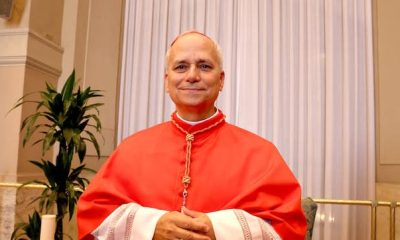
 Internacionales2 days ago
Internacionales2 days ago“A great honor for our country”: Trump congratulates Pope Leo XIV
-

 International3 days ago
International3 days agoXiomara Castro’s government vows to protect citizens amid threat reports
-
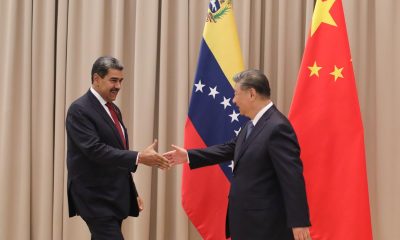
 International1 day ago
International1 day agoMaduro to Xi: Venezuela is a loyal friend to China
-
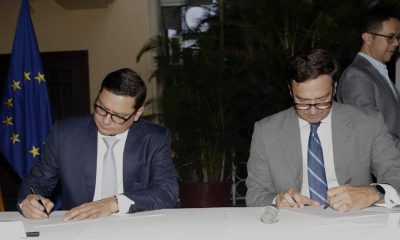
 International1 day ago
International1 day agoIberojet reaffirms commitment to Honduras as Central American Hub
-

 International1 day ago
International1 day agoHabeas Corpus at risk as Trump team eyes drastic border policy shift
-

 International2 days ago
International2 days agoStrong winds cause stage collapse in Mexico City; seven hurt
-
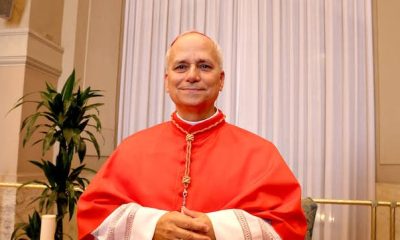
 International7 hours ago
International7 hours agoPope Leo XIV blesses mexican faithful during Vatican appearance
-

 International7 hours ago
International7 hours agoPope Leo XIV’s roots in Peru inspire hope for Amazon protection













































































